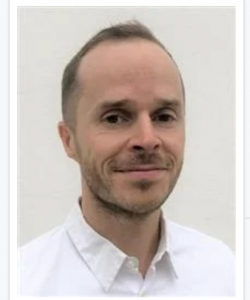
Date: September 29, 2021
Time: 12:00 p.m. - 1:00 p.m.
Location: Virtual
“Flexible and Integrated Energy Systems — Finding and Addressing the Barriers”
Daniel Møller Sneum, Technical University of Denmark
Register here.
Abstract
Efficient and sustainable energy systems can be achieved through sector coupling/smart energy/integrated energy systems — all buzz-terms with the same point: Electrifying everything is good; bridging to other sectors is better.
Integration or not, flexibility of energy systems is a necessary attribute. But what if it isn’t there?
Combining flexibility and integrated energy systems, Dr. Møller Sneum asks — and answers — “What hinders flexibility in the interface between decentralized energy and the electricity system?”
With district energy (a highly efficient way to heat and cool many buildings in a given locale from a central plant) as the case in point, his study defines flexible sector coupling in the interface between district energy and the electricity system provides a taxonomy – a useful checklist for policymakers driving increased flexibility in integrated energy systems indicates areas of priority for technologies, decision-levels and project life cycles when addressing barriers. While district energy is the case in point, most findings apply for all decentralized energy systems/sector coupling/integrated- and smart energy systems.
Bio
Daniel Møller Sneum is a former analyst in at the Internation Energy Agency, Green Energy, and PlanEnergi. His PhD is from Technical University of Denmark where he is currently a postdoc. His focus is on regulation and economics of integration across energy sectors. His research includes analyses of flexibility and regulation of district energy in the Nordic countries, the Baltics, and the US.
The Andlinger Center for Energy and the Environment has partnered with the Irving Institute for Energy & Society at Dartmouth to bring you conversations with early-career energy researchers.